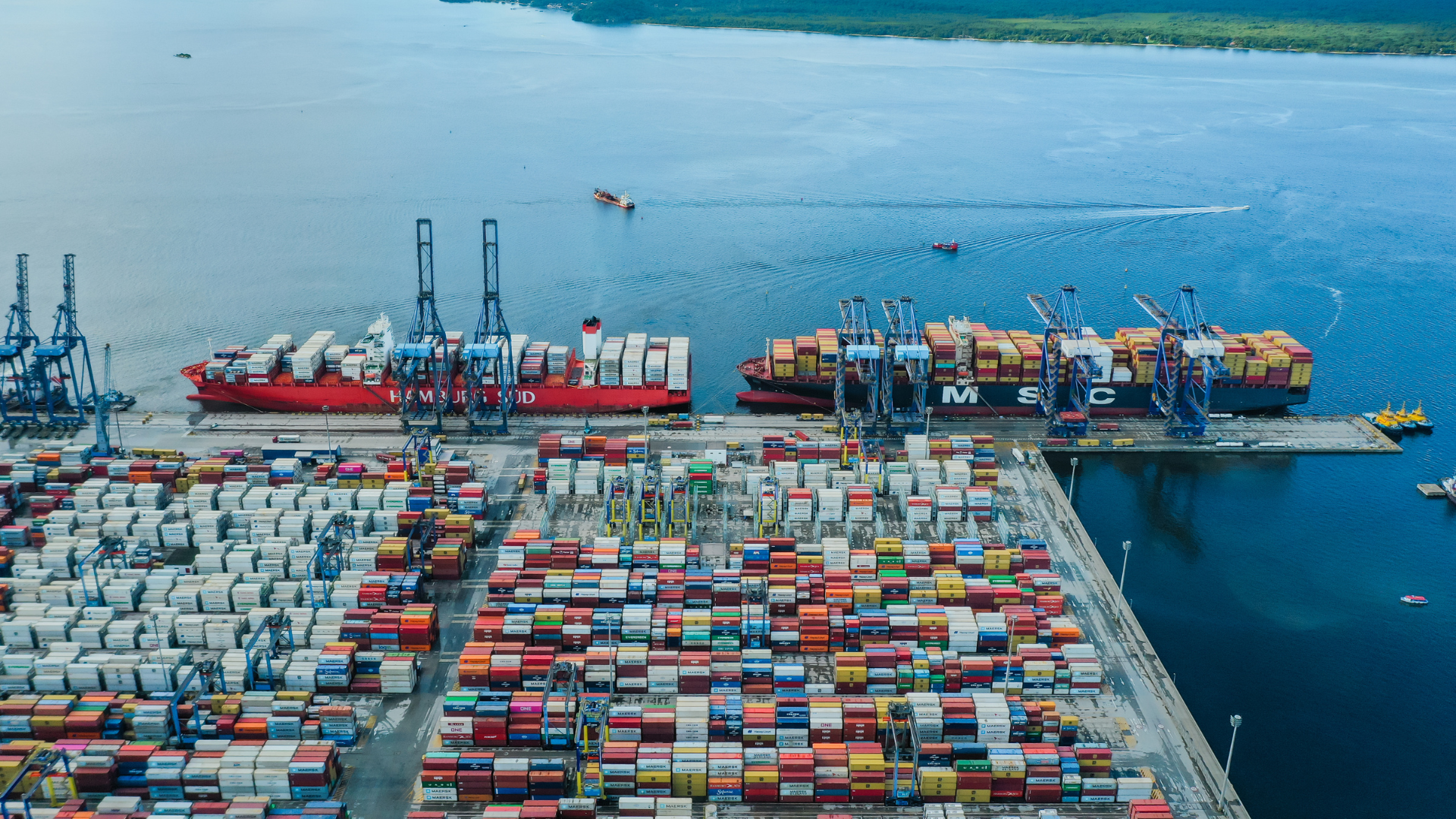The result was achieved among the country’s main container exporting states; Paraná is the state of origin for most of the volume exported by Paranaguá
In 2023, TCP, the company that manages the Paranaguá Container Terminal, led the flow of packaging exports in its region of influence, which includes Paraná, São Paulo and Santa Catarina, the country’s main container exporting states, achieving an average market share of 35.4% over the year. In accumulated terms, 5,115 TEUs (20-foot-long containers) were exported, equivalent to 44,034 tons, 95% of which was produced in Paraná.
The commercial, logistics and service manager, Giovanni Guidolim, explains that the increase in exports “is a reflection of TCP’s commitment to understanding the logistics and particularities of the packaging segment so that commercially we can always offer excellent, flexible service, making the Terminal the ideal port for our customers”.
In addition, the Terminal also offers operational advantages that benefit customers in the segment, such as flexibility to receive containers in the export flow; acquisition and increase in the number of RTGs; expansion and modernization of the gate, reducing truck loading and unloading time; and investment in new technologies in the customer portal, improving the user experience.
Exports of the product, used mainly to package dairy drinks and juices, which amounted to 250 TEUs in January 2023, grew gradually, almost doubling in the first month of this year, when it reached the 488 TEU mark, a variation of 95.2%. The main cargo destinations were Colombia (36%), Costa Rica (23%), the United States (10%), Mexico (5%) and Venezuela (5%).
TCP leads the country in maritime stopovers
With three new lines only available in 2024, the Paranaguá Container Terminal offers 22 weekly services, 20 of which are long-haul and two cabotage. One of this year’s highlights was the integration of the Zim Gulf Toucan (ZGT) line, owned by Israeli shipowner ZIM, into the Terminal’s portfolio.
With eight vessels with an average capacity of 2,500 TEUs, the ZGT service has a route that connects Argentina, Uruguay, Brazil, Colombia, Jamaica, Mexico and the United States, mainly benefiting exporters of chemical products, wood, paper, cellulose, chilled meat and packaging.



